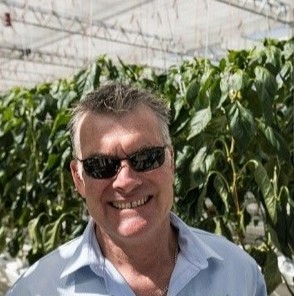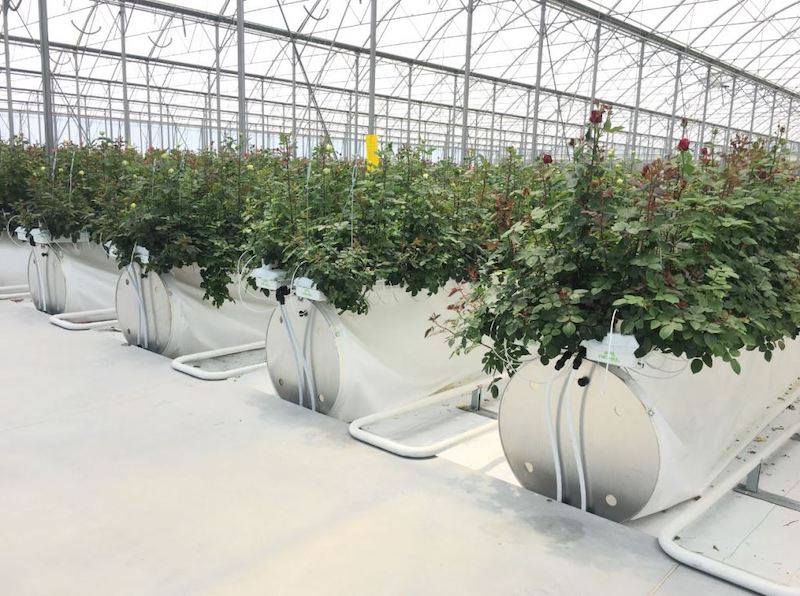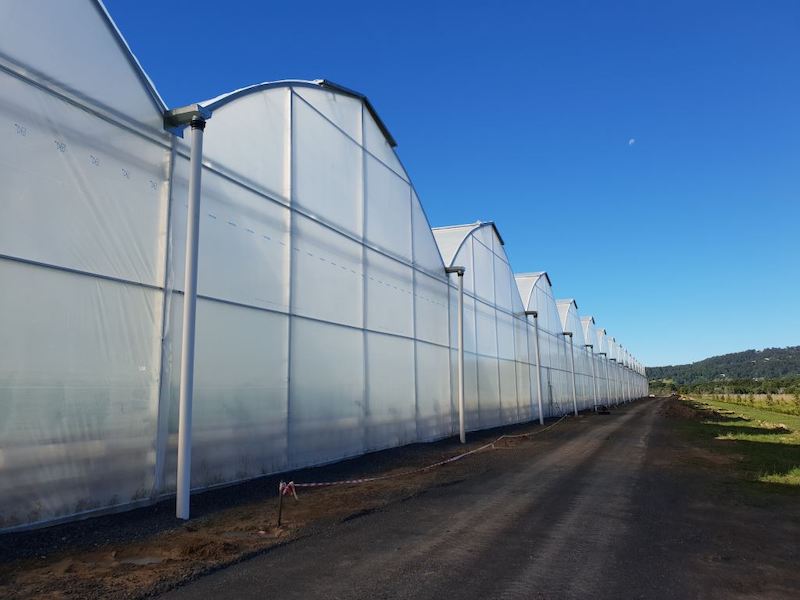“Australian protected cropping growers are leading positive changes in the industry”
“In the past 20 years, the Australian horticultural industry has changed immensely,” says Scott Featherston, Richel’s new sales & project manager. “Over the years, many of the small, low-tech growers have disappeared or gone into niche products, whereas some of the established growers have expanded to enormous farms.”
manager. “Over the years, many of the small, low-tech growers have disappeared or gone into niche products, whereas some of the established growers have expanded to enormous farms.”

Protected cropping benefits
There are many benefits to protected cropping, as Scott sees it. “One of the benefits is that you can control most variables and consistently produce a quality product. This answers to the modern-day market demand of consistent, high-quality produce.”
Crop varieties
In terms of crops, Scott has seen an increasing interest in tomatoes among Australian growers. “More and more growers are opting for tomatoes, and growers continue to increase their yields. Customers can now choose from a wide range of tomato varieties, from small snack tomatoes to truss varieties.” Not only tomatoes, but other vegetables have enjoyed growing popularity too. “Capsicum, eggplant, berries, herbs, and leafy greens have also grown. In fact, I can’t think of a vegetable greenhouse crop that hasn’t benefited from the industry growth.”
Flowers are a different story, however. Due to large-scale flower imports, Scott does not see strong growth there. “Some crops, such as roses, have not grown really, although other flower varieties, such as gerbera and lisianthus did become more popular.”
Cannabis potential
Another crop that has great potential is cannabis, although it has not grown as fast in Australia as in other countries. Yet, Scotts sees some nice projects happening. “I feel that with the added GMP regulations with cannabis it is crucial to get the climate and conditions correct to allow for medical-grade flower. Richel has also been very involved with medicinal cannabis facilities throughout the world and has some very good knowledge and projects. I have also enjoyed being involved in the industry here and learning more about the requirements for the crop.”

No-nonsense attitude
During his 20-year career in horticulture, Scott has already been in contact with Richel. “I have witnessed some of the advancement and I’ve always had a good impression of the company. Their no-nonsense attitude and focus on collaborative partnerships with growers really appealed to me.”
For that reason, Scotts looks forward to working for Richel. “In the past 20 years, I have always enjoyed being part of a project. This new job will allow me to be involved as the project manager for Richel. Building up a team of builders and installers will also be a big part of the process. I am looking forward to expanding my knowledge of the Richel offering and engineering and being a part of the growth for Richel in Australia.”
